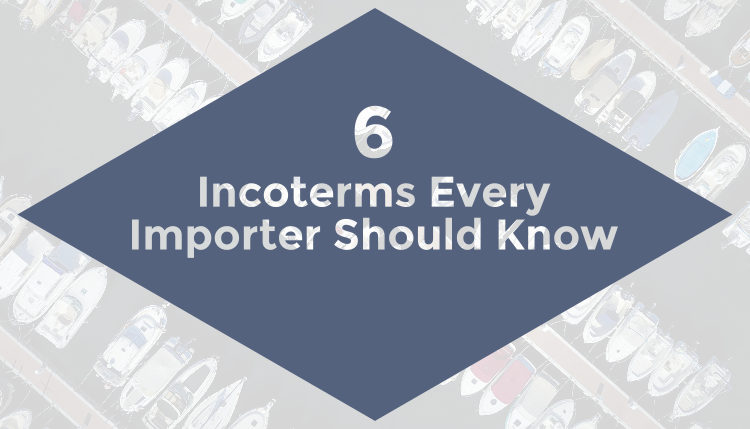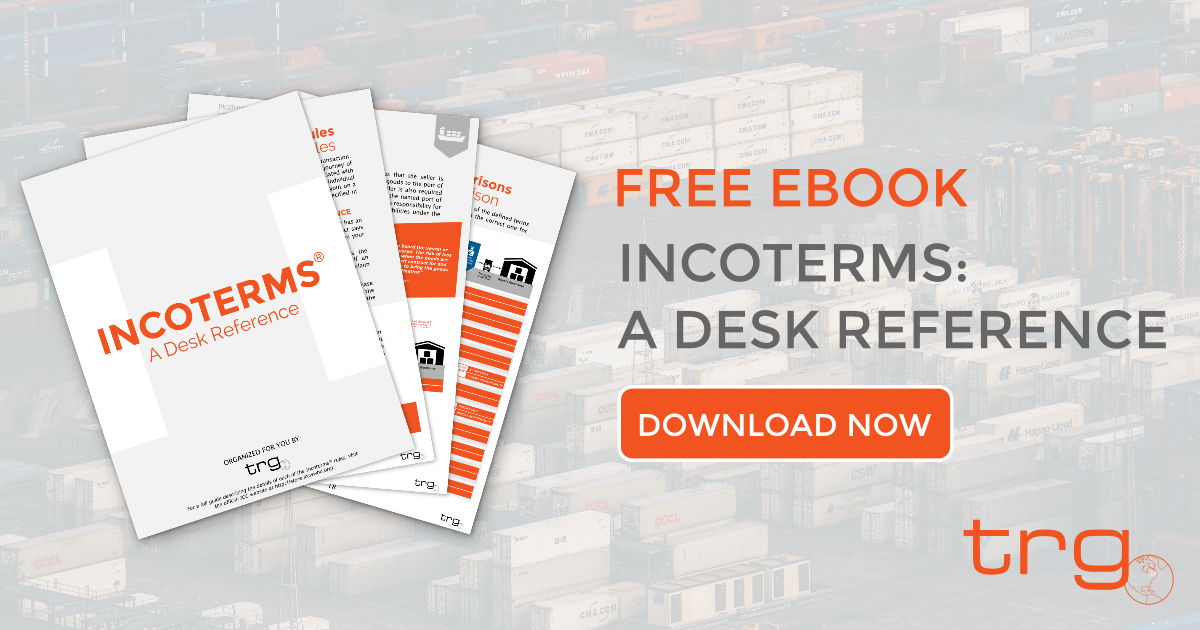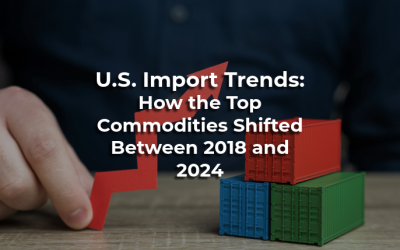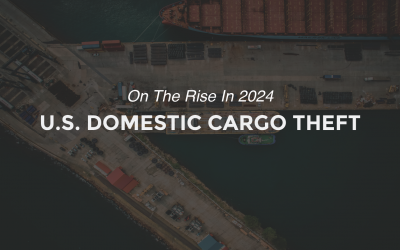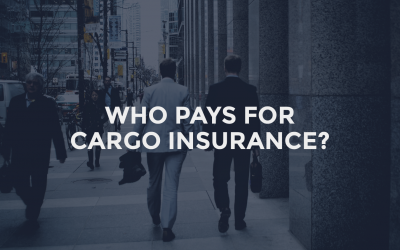Incoterms are a series of pre-defined commercial terms published by the International Chamber of Commerce (ICC) that are widely used in International commercial transactions or Procurement processes. Read the content below and become more familiar with these terms.
If you read our post last week you know that Incoterms rules are intended to clearly communicate tasks, costs, and risks associated with the transportation and delivery of goods between buyer and seller. In addition, they establish where and when the ownership of goods takes place between the buyer and seller. They are accepted by most governments, legal authorities, and practitioners worldwide for the interpretation of most commonly used terms in international trade. Their intention is to reduce or remove uncertainties arising from different interpretations of the rules in different countries. Below are brief explanations and graphics detailing the nature of seven Incoterms.
Six Additional Incoterms For Importers
FCA – Free Carrier (named place of delivery)
“Free Carrier” describes a situation where the seller is responsible for export clearance and needs to deliver the goods to a named place. The buyer assumes all risks and costs after the goods have been picked up from this specified destination. If the pickup location is the seller’s premises, then the seller is responsible for loading the goods onto the truck.
CPT – Carriage Paid To (named place of destination)
“Carriage Paid To” communicates an arrangement where the seller will organize carriage to a named place, but they are not responsible for insuring the goods to said destination. The seller delivers the goods when they are picked up by the buyer. At that point all the risk and responsibility transfers from the seller to the buyer.
CIP – Carriage and Insurance Paid To (named place of destination)
“Carriage and Insurance Paid To” describes an agreement where the seller will arrange carriage to a named place and they are responsible for insuring the goods to said destination. However, the seller is only required to purchase minimum insurance coverage. The risk transfers to the buyer when the goods are on the carrier.
DAT – Delivered At Terminal (named place of destination)
“Delivered At Terminal” refers to an instance where the seller is responsible for arranging carriage, delivering the goods, and unloading them at a named destination at which point the risk is transferred to the buyer. In this situation the buyer must clear the goods for import and pay any applicable taxes and duties.
DAP – Delivered At Place (named place of destination)
“Delivered at Place” pertains to a circumstance where the seller is responsible for arranging carriage, delivering the goods, and getting them ready for unloading at the named place. The risk transfers to the buyer when the goods are available to be unloaded. The buyer is also responsible for clearing the imports and paying any applicable taxes and duties.
CFR – Cost and Freight (named place of destination)
“Cost and Freight” refers to an arrangement where the seller is held liable to pay for transportation of goods, clear the goods for export, and get the goods on board the vessel. The risk of the goods transfers to the buyer once the goods have been loaded onto the vessel. It’s important to note the seller is not responsible for buying insurance for the goods at any point after they have been loaded.
After reading this post, you are more familiar with the nature of Incoterms and a few common examples. Use this knowledge to increase your own company’s compliance and stay educated about the international trade community.

